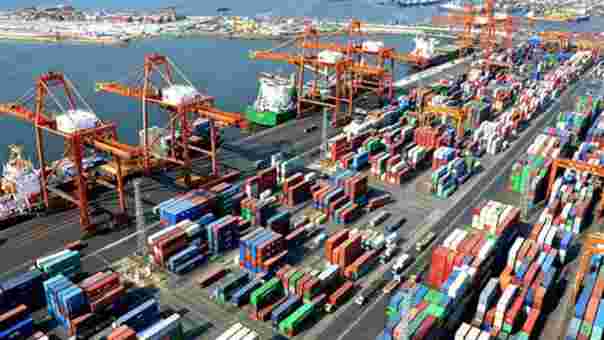Islamabad, November 25, 2025 – Pakistan and Malaysia are moving forward with plans to expand maritime collaboration, focusing on seafarer training, port-sector modernization, and trade-route connectivity following a high-level meeting on Tuesday.
Malaysia’s Deputy Minister of Transport, Datuk Hasbi bin Habibollah, met with Pakistan’s Federal Minister for Maritime Affairs, Muhammad Junaid Anwar Chaudhry, in the United Kingdom to review ongoing cooperation and discuss new avenues for strengthening bilateral ties in the maritime sector.
During the meeting, Minister Chaudhry proposed a Memorandum of Understanding (MoU) to enhance seafarer training and enable the exchange of marine cadets between the two countries. Under the proposed framework, Pakistan would send marine cadets to Malaysian academies, while Malaysia would reciprocate with specialized training programs in Pakistan.
“This exchange will support professional development for young seafarers and foster long-term cooperation in the maritime sector,” Chaudhry stated.
The minister also offered Malaysia access to Pakistan’s expertise in digital port solutions, including the fully operational Pakistan Single Window platform at Karachi Port and Port Qasim. The platform has streamlined cargo clearance, improved transparency, and strengthened trade facilitation.
Beyond training and digitalization, Chaudhry suggested establishing direct feeder shipping lines between Pakistan and Malaysia, with connectivity to Indonesia. The initiative aims to reduce freight costs, shorten transport durations, and boost Pakistan’s rice exports to Southeast Asia, while facilitating edible oil imports from Malaysia and Indonesia.
The proposal aligns with Pakistan’s strategy to enhance maritime connectivity with ASEAN economies, where demand for agricultural exports continues to grow. Malaysia, in turn, benefits from expanding its maritime training network and improving regional logistics integration.
Both countries agreed to conduct further technical consultations to finalize the MoU, define training modules, and implement the cadet-exchange program in the coming weeks.
